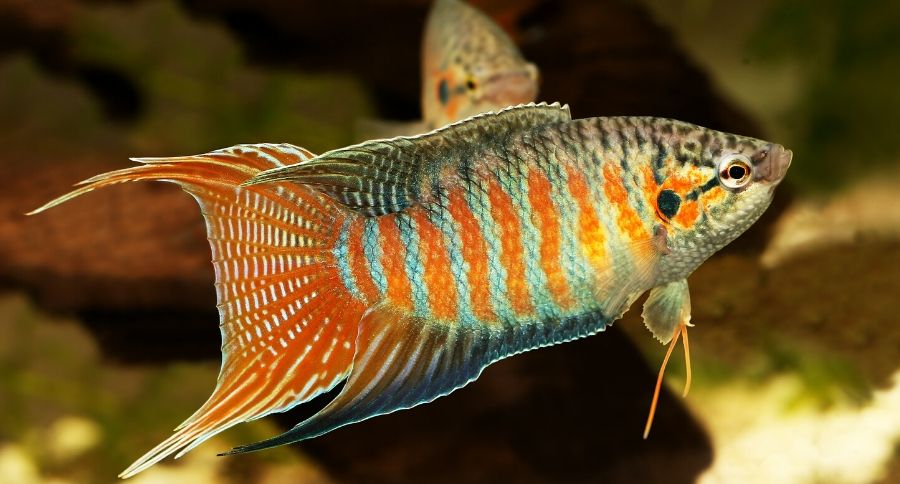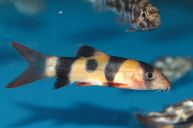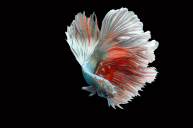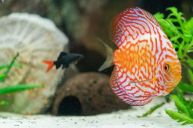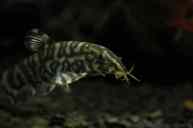Paradise fish were responsible for launching the tropical fish-keeping hobby.
Other cool facts about this fish? Fish Keeping World provides some interesting food for thought.
- Paradise fish initially appeal to people because of their red and blue stripes, but upon further research, people are put off by their aggressive behaviors! (You need some experience before adding them to your tank).
- If they are healthy they live up to 8-10 years.
- They have vivid blue and red stripes that run across their bodies. The fins don't tend to have this design, instead, they are generally one color.
The Paradise Fish (Macropodus opercularis) is also known as the 'Paradise Gourami'.
Here's a guide to what you should know about caring for this famous fish.
Tank conditions
https://www.instagram.com/p/B3gpg36jQMT/
Fish Keeping World recommended a sandy substrate as that would most closely resemble their natural habitat. Since fish that swim in the upper levels of the tank, the type of substrate you use isn't that important.
- Plants are a lot more important! Your tank needs hiding spots. Hornwort is a good option since it can cope with being eaten now and then.
- Rocks are used to make some caves along the bottom of the tank.
- Use a heater to maintain a temperature between 70-82°F. pH can be slightly acidic or alkaline (6-8), but extremes can't be reached.
- Paradise fish need at least a 20 gallons tank.
You don't need any special equipment, just a filter, and a heater.
What do paradise fish eat?
As omnivores, they require a well-balanced diet. They should be given a high protein diet.
Live and frozen foods are a good way to introduce protein into their diet. Algae-based flake foods are essential, as well as meaty foods. Things like brine shrimp, mosquito larvae and bloodworms will be happily accepted.
There are lots of choices for vegetation. Algae wafers and green vegetables are fine.
Typical behavior?
https://www.instagram.com/p/B2tM3OTois5/
Tankmates can be an issue as Paradise fish are aggressive fish in certain circumstances.
Paradise Gourami Fish are dominant species in the fish tank, and if you add other aggressive fish then they will compete which may even lead to fights and physical damage. Worse is that your paradise fish will end up hiding and living in stress.
There are very few options for tankmates and they need to be peaceful fish. You can mix in other gourami species, like pearls. Large goldfish shouldn't be attacked, as well as geophagus cichlids.
To summarize all the aspects of what's important for these fish include water conditions, water changes, water parameters, water quality, and water level. Do you see a theme? Water quality is key! Keep them healthy with floating plants and the minimum tank size!
Remember that live food is a great way to introduce protein! If you have an aquarium hobby then do your research.
Another fun fact about these fish? They're from Southeast Asia and they're bubble nest builders or breeders.
- Common names include blue paradise fish, paradise gourami, blue paradise gourami
- Adult male paradise fish are larger than females and are brighter with stronger color patterns. Their fins are also longer and larger.
- Scientific name: Macropodus opercularis
- They're native to Asia, ranging across Pakistan, India, Taiwan and upwards towards Korea. Here you can find them in most bodies of freshwater.
Good luck with your freshwater fish and freshwater aquarium! If you're looking for another option then try betta fish as they're easier to manage and great for beginners.
Please leave us a comment below and let us know what you think of your fish tank?
